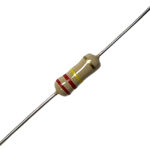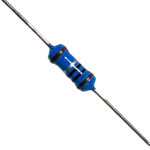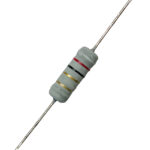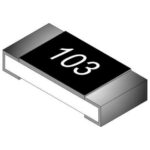Lumimax offers a wide range of SMD and Through hole Resistor to meet your design need. From Medical devices, Industrial equipments, 3C products, Networking servers to Portable applications, we provide both E-24/E-96 standard and custom-made resistance Resistors, 1/8W to 10W to meet your need. All the Resistors we supply are RoHS and REACH compliant.
Carbon film resistors are a type of fixed value resistor. They are constructed out of a ceramic carrier with a thin pure carbon film around it. This carbon film functions as the resistive material.
Metal film resistors have a thin metal layer as resistive element on a non-conducting body. They are among the most common types of axial resistors. Other film type resistors are carbon film and thick and thin film resistors. In most literature, the term "metal film resistor" implies it is a cylindrical axial resistor. However, thin film chip resistors use the same manufacturing principle for the metal layer. The appearance of metal film resistors is similar to carbon film resistors, but their properties for stability, accuracy, and reliability are considerably better.
A wirewound resistor is an electrical passive component that limits current. The resistive element is an insulated metallic wire that is wound around a core of non-conductive material. The wire material has a high resistivity, and is usually made of an alloy such as nickel-chromium (Nichrome) or a copper-nickel-manganese alloy called Manganin. Common core materials include ceramic, plastic, and glass. Wirewound resistors are the oldest type of resistors that are still manufactured today. They can be produced very accurately and have excellent properties for low resistance values and high power ratings.
Thick film resistors are the most common types in the market. They are characterized by a resistive layer on a ceramic base. Thick film resistors are produced by firing a special paste onto the substrate. The paste is a mixture of glass and metal oxides.





